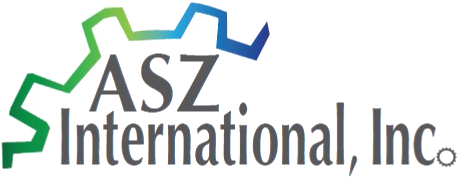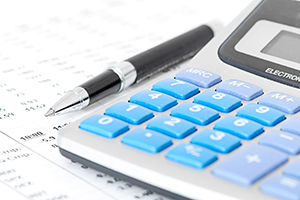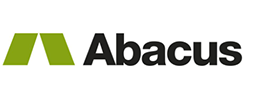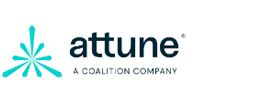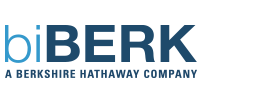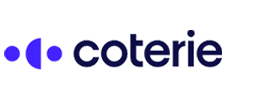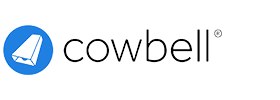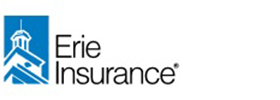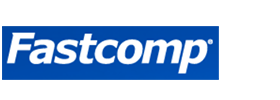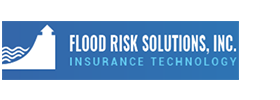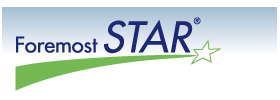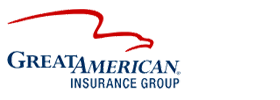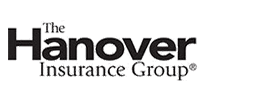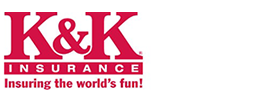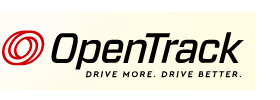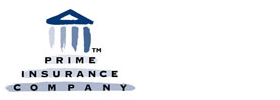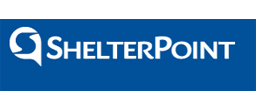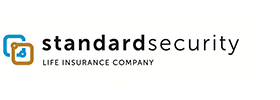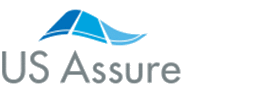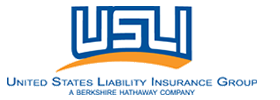Natural disasters can strike at any moment, leaving a trail of destruction in their wake. From hurricanes and floods to wildfires and earthquakes, these events can result in significant damage to your home and belongings. While we often can’t control when or where these disasters occur, we can take proactive steps to protect ourselves financially. In this blog post, we’ll discuss the critical importance of insuring your home and assets against natural disasters, the challenges of obtaining coverage during and after an event, and how to navigate the claims process.
The first step in safeguarding your home and assets against natural disasters is to assess the risks associated with your geographic location. Different areas are susceptible to various types of disasters, and understanding your risk profile is crucial. Consider factors like your location, the frequency of disasters, and the history of past events to determine your risk.
Procuring the Right Coverage
Once you’ve assessed the risks, the next step is to procure the right insurance coverage. Keep in mind that you can’t get insurance during a disaster, so it’s essential to have coverage in place well before disaster strikes. Be aware of waiting periods and exclusions in your policy, especially in cases like flood insurance, where events beginning before the waiting period may not be covered. Avoid the temptation to cut corners on coverage to save money.
Emergency Preparedness
In addition to insurance, emergency preparedness is crucial. Prepare emergency kits with essential supplies, including food, water, first-aid supplies, and flashlights. Having these on hand can be a lifesaver during a disaster. Additionally, maintain detailed records of your belongings, including receipts, photographs, and appraisals, as this documentation will be invaluable when filing an insurance claim.
Claims Process
If a natural disaster damages your home or assets, navigating the claims process can be challenging. Here’s what you should know:
1. **Contact Your Insurance Broker/Company:** Notify your insurance broker/company as soon as possible after the disaster. They will guide you through the claims process.
2. **Document the Damage:** Take photographs and videos of the damage and keep records of any temporary repairs you make to prevent further damage.
3. **Meet with Adjusters:** Your insurance company will send an adjuster to assess the damage. Be prepared to provide documentation and answer questions about your claim.
4. **Keep All Communication:** Save all communication with your insurance company, including emails and written correspondence.
Natural disasters are unpredictable and can have devastating consequences. Protecting your home and assets with the right insurance coverage is essential to ensure financial stability during and after such events. Don’t wait until it’s too late; assess your risks, procure the right insurance, and be prepared for the unexpected. By taking these steps, you can avoid being penny-wise and pound foolish, and you’ll be better equipped to recover and rebuild in the face of a disaster.
LEGAL DISCLAIMER: The information provided in this communication is not intended to constitute legal advice and should not be construed as such. All information, content, and materials available in this communication are for general informational purposes only. Listeners, viewers, readers, users, browsers, or recipients of this communication are advised to consult with their attorney to obtain advice regarding any specific legal matter.
No listener, viewer, reader, user, browser, or recipient of this communication should make decisions or take actions solely based on the information contained herein without first seeking legal advice from qualified legal counsel in the relevant jurisdiction. It is important to note that individual circumstances can vary, and only your personal attorney can provide guidance on whether the information provided here is applicable or appropriate to your particular situation.
The views expressed in this communication are solely those of the individual creators in their individual capacities and do not represent the opinions of ASZ International, Inc. doing business as ASZ Associates. Any actions taken or refrained from, based on the contents of this communication, are undertaken at your own risk, and all liability with respect to such actions or inactions is hereby expressly disclaimed.
The content in this communication is provided “as is,” and no representations are made regarding its accuracy, completeness, or reliability. It is important to independently verify any information presented here and to consult legal professionals for advice tailored to your specific circumstances.
